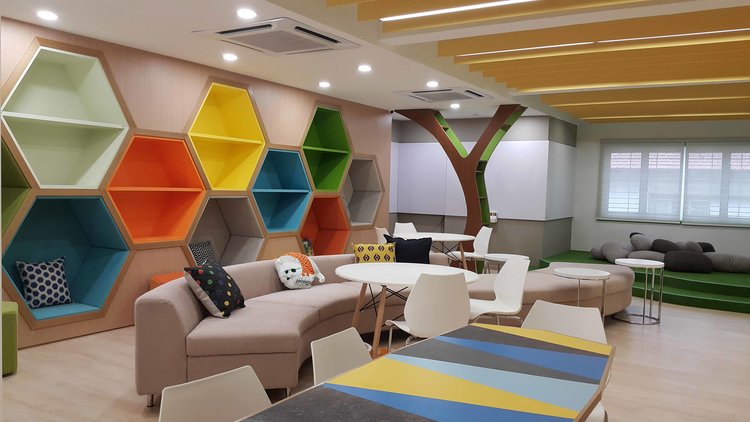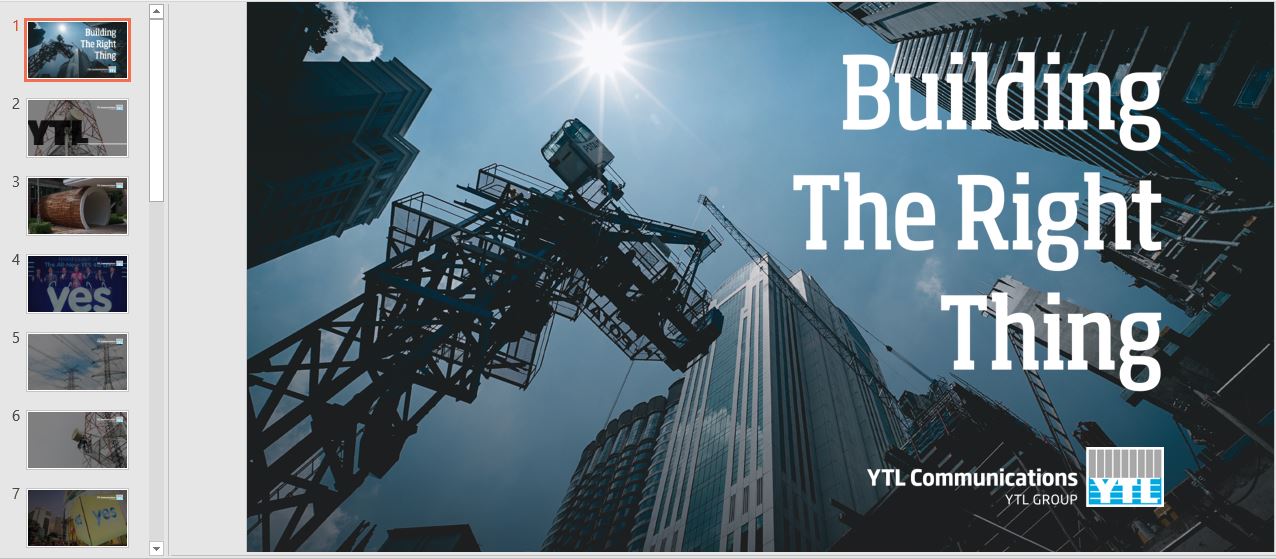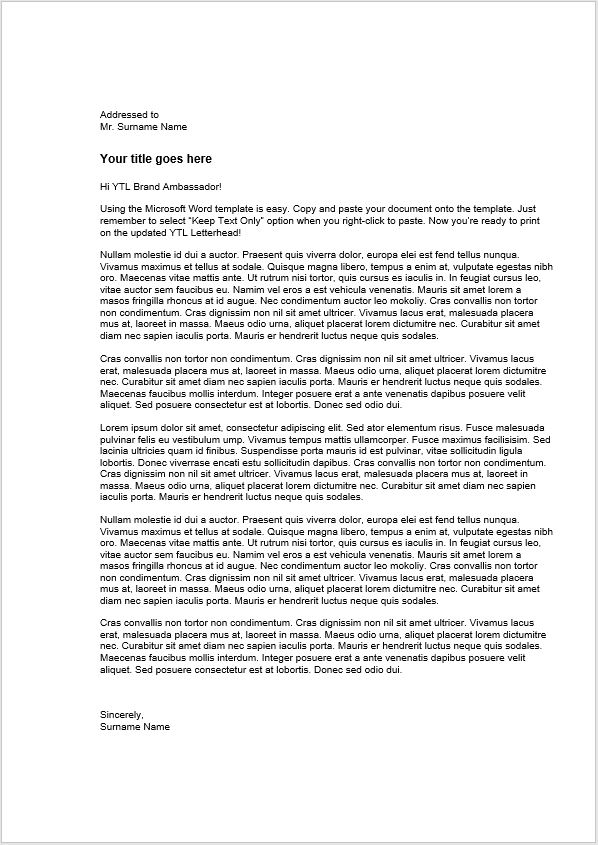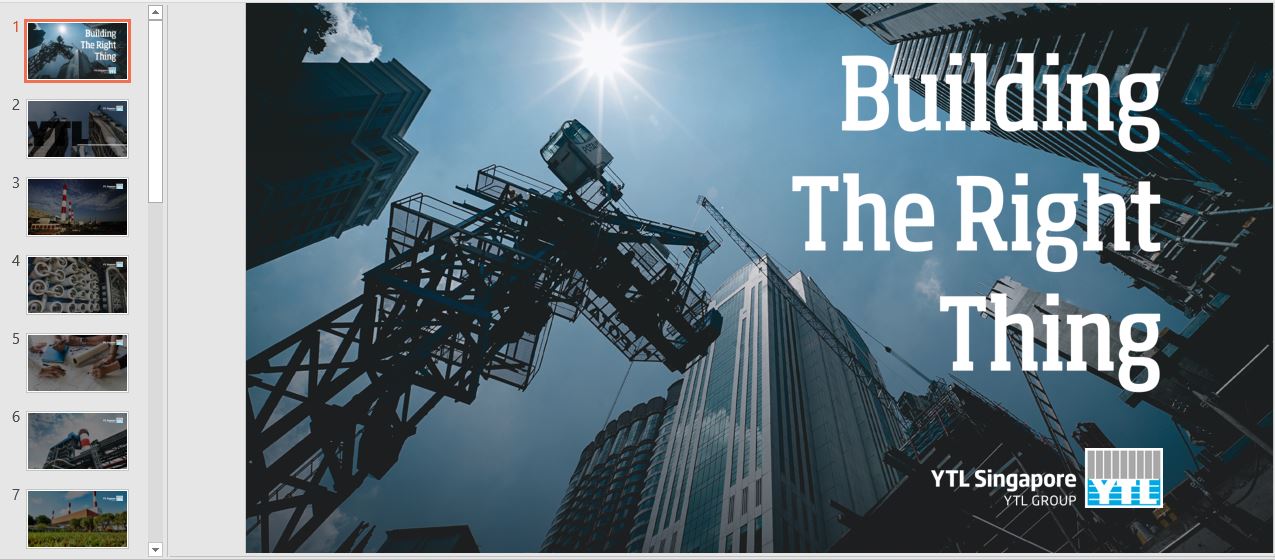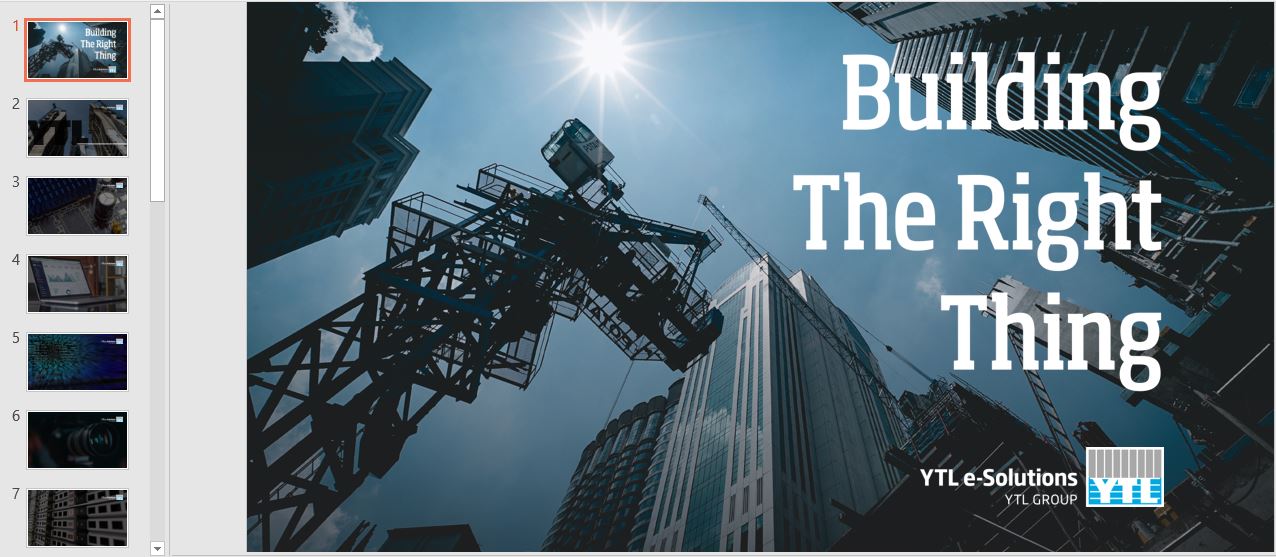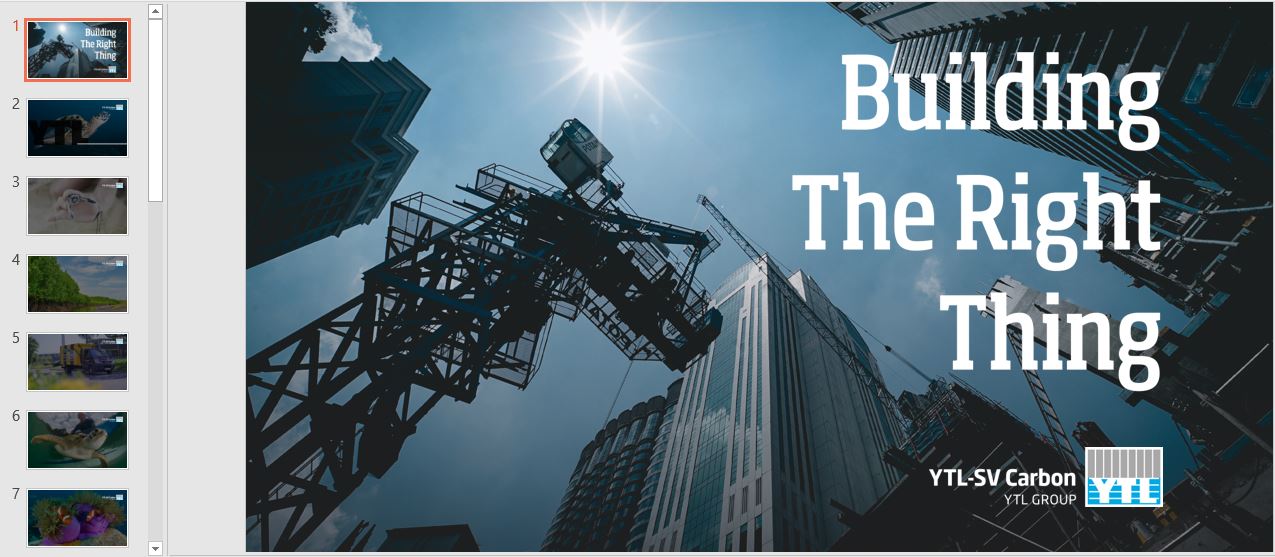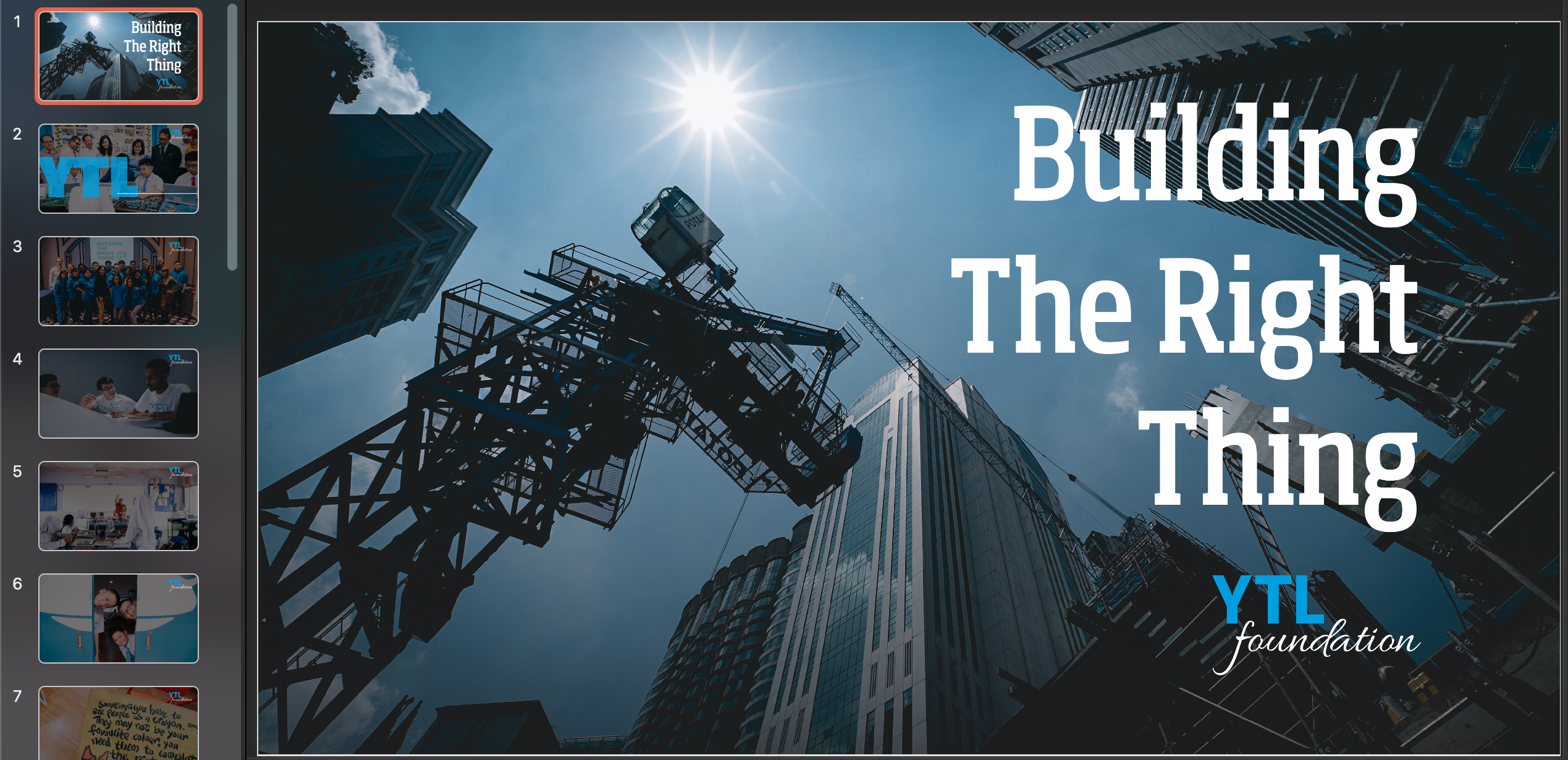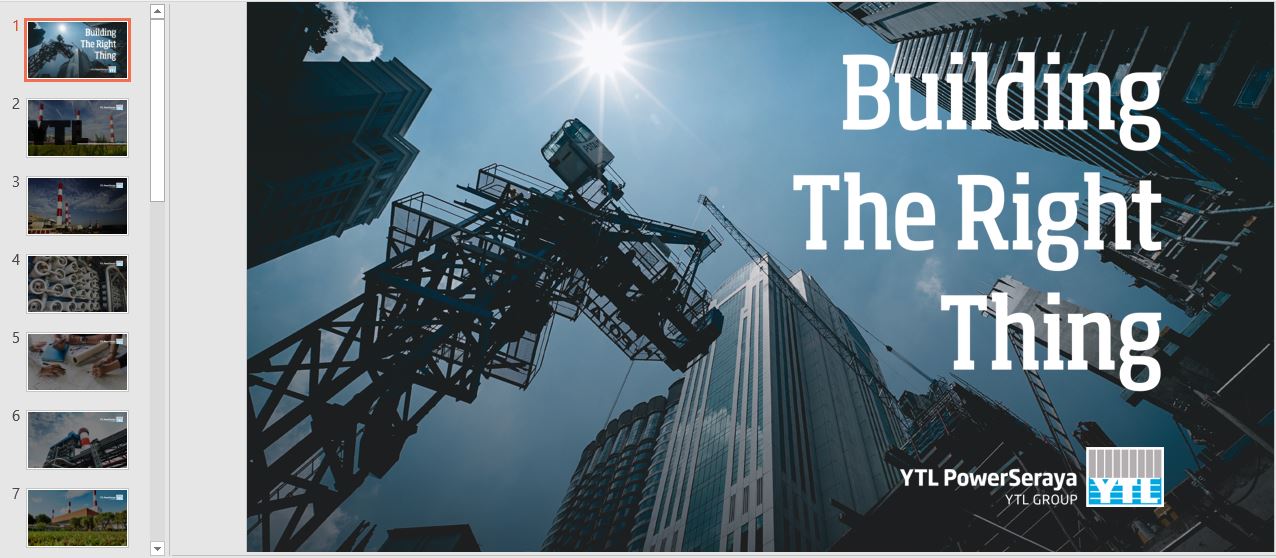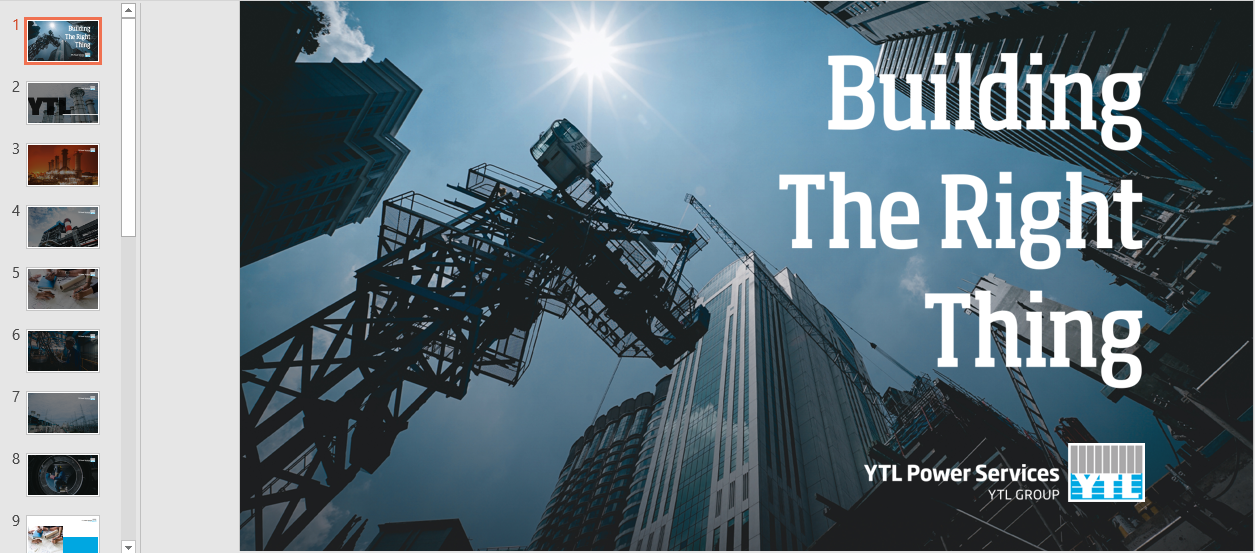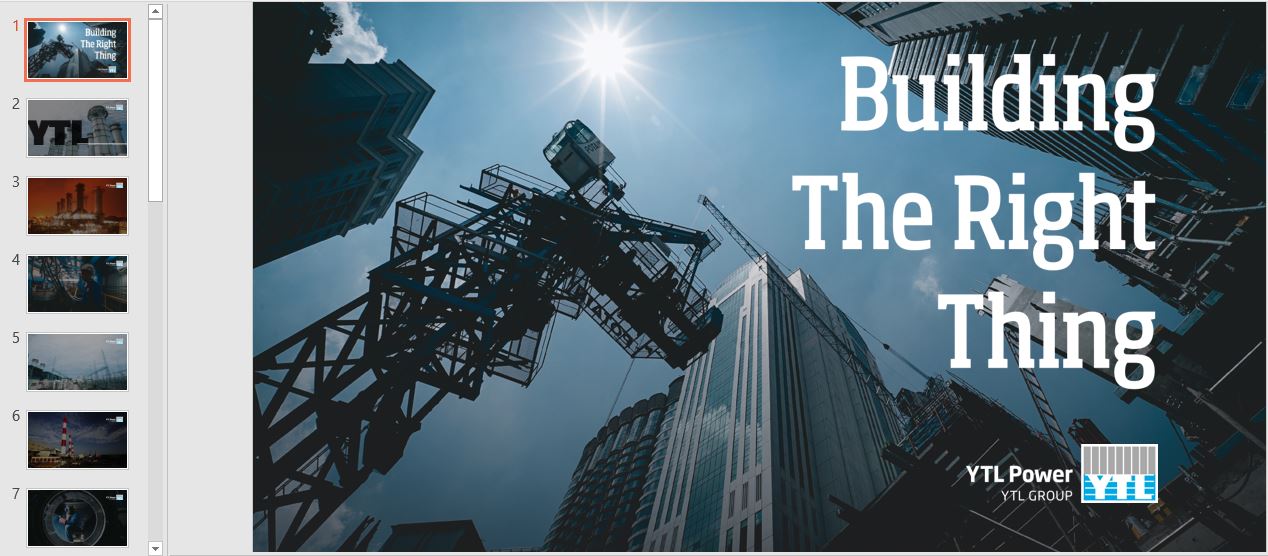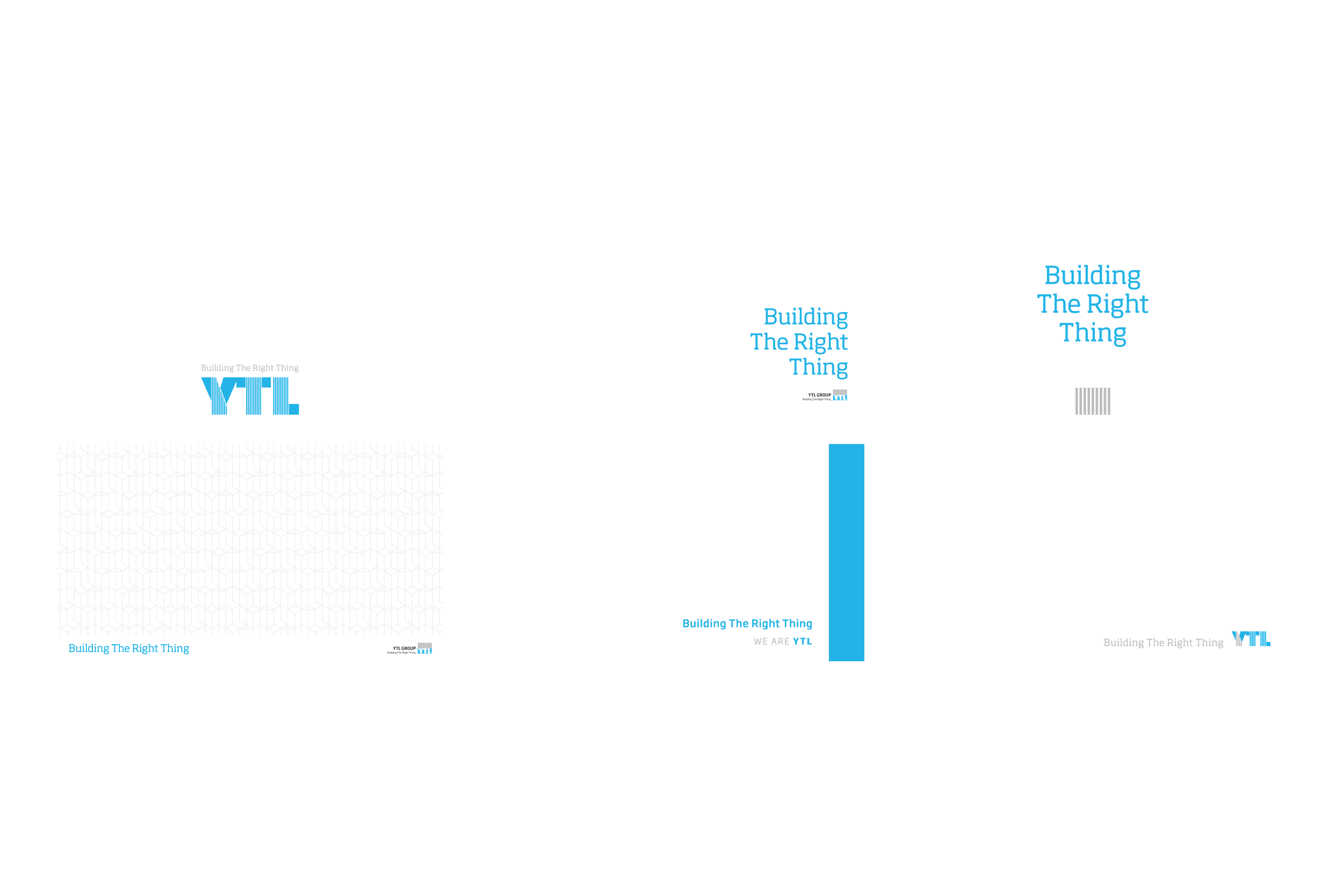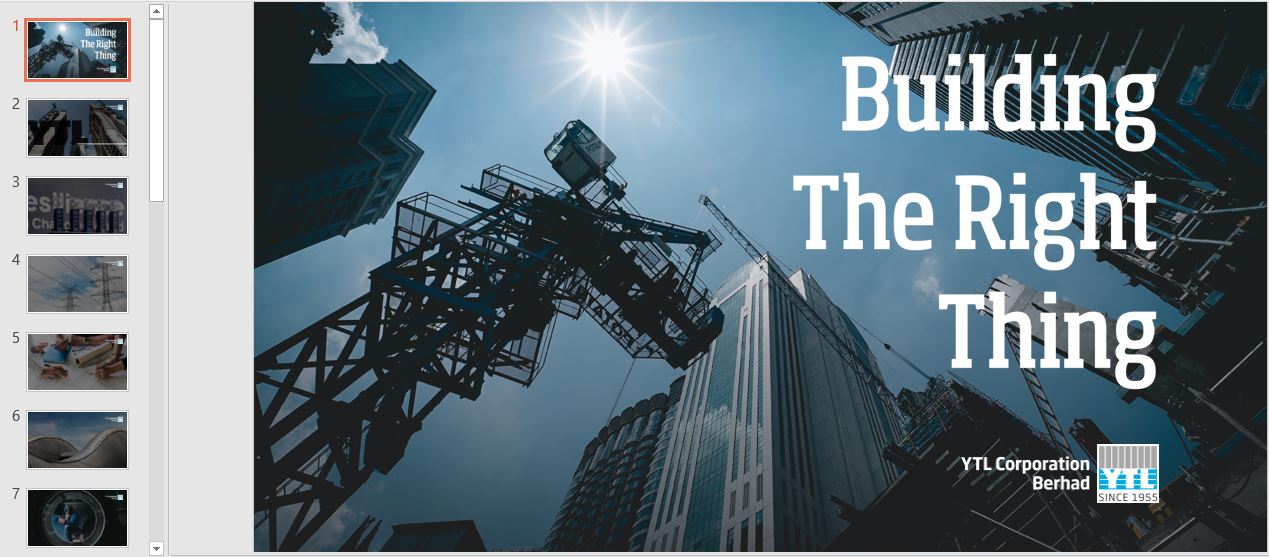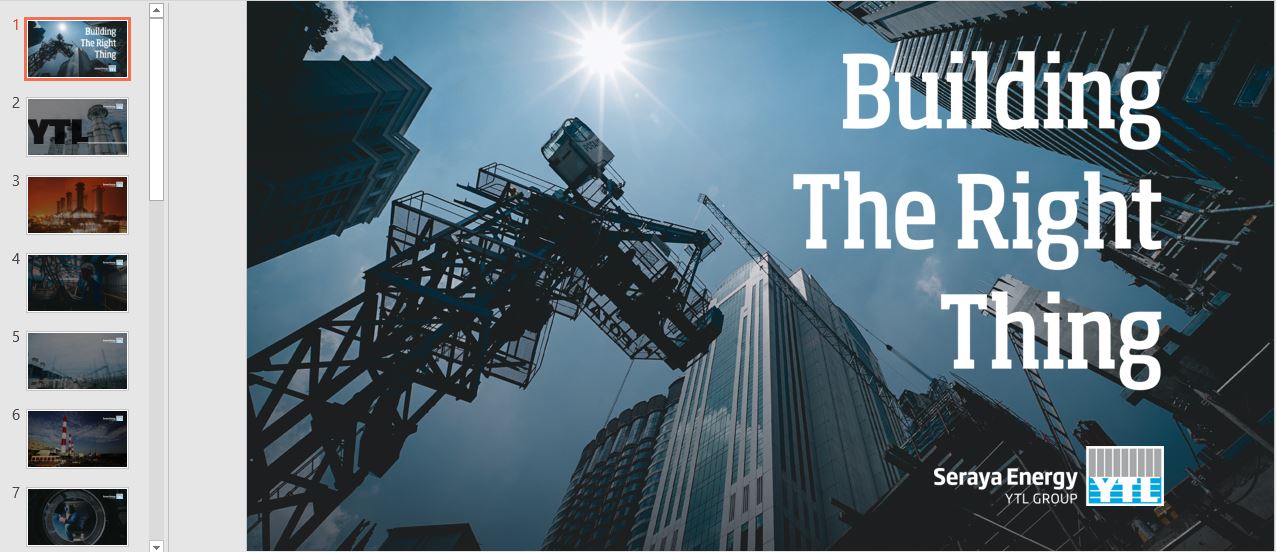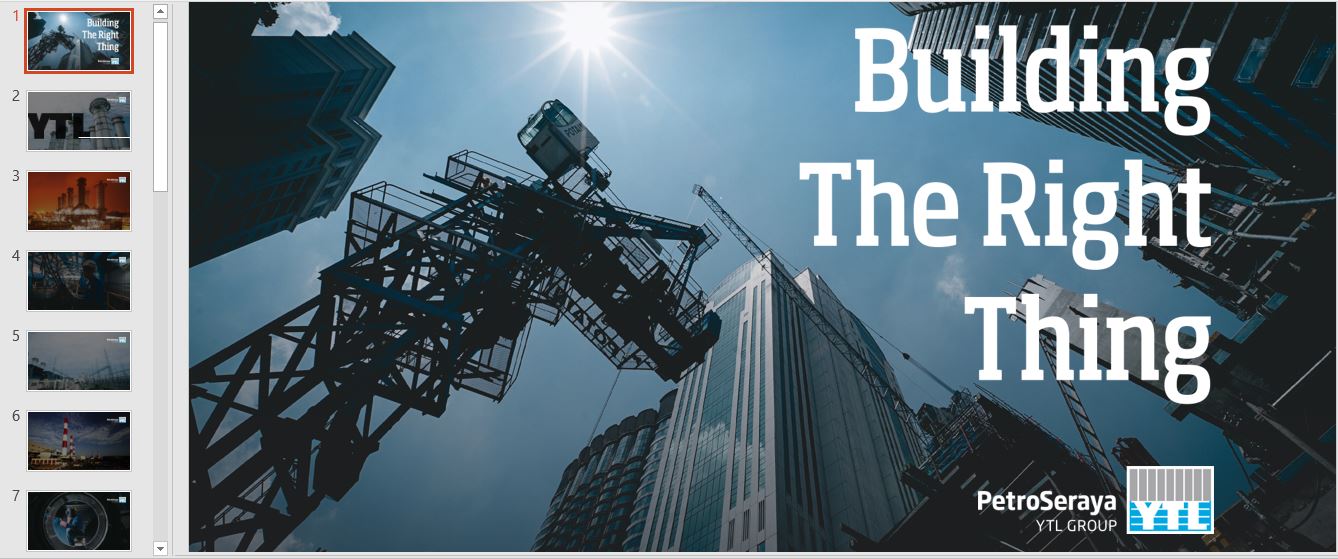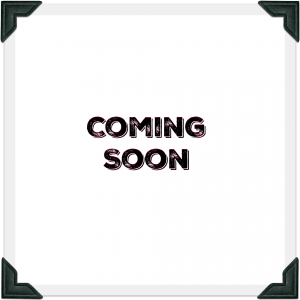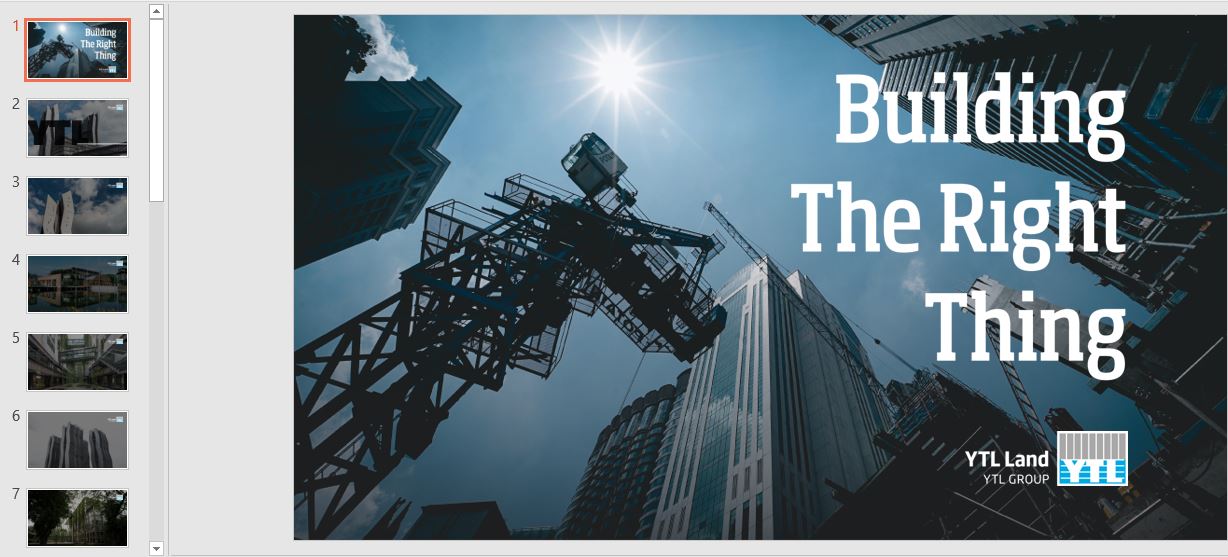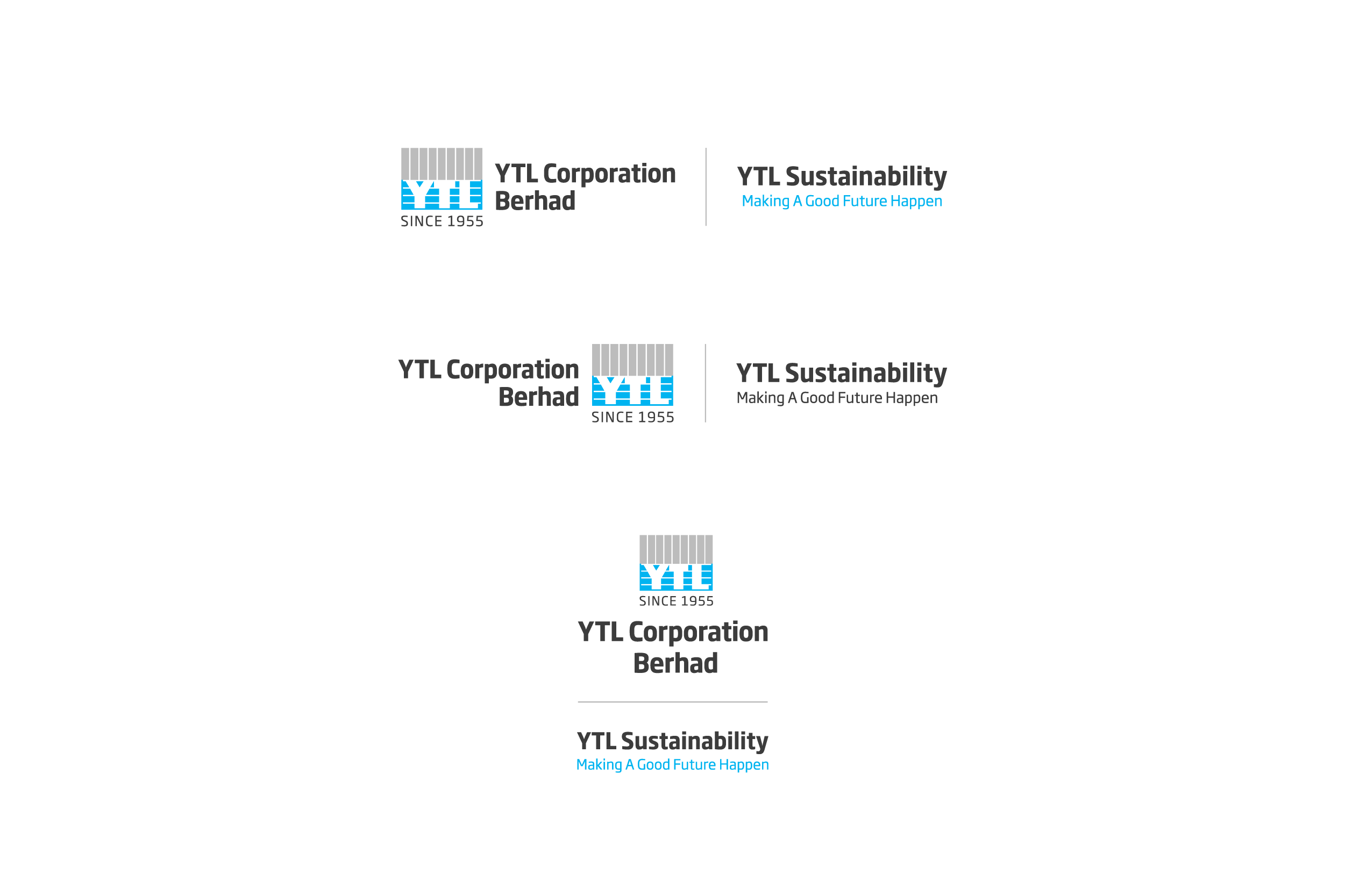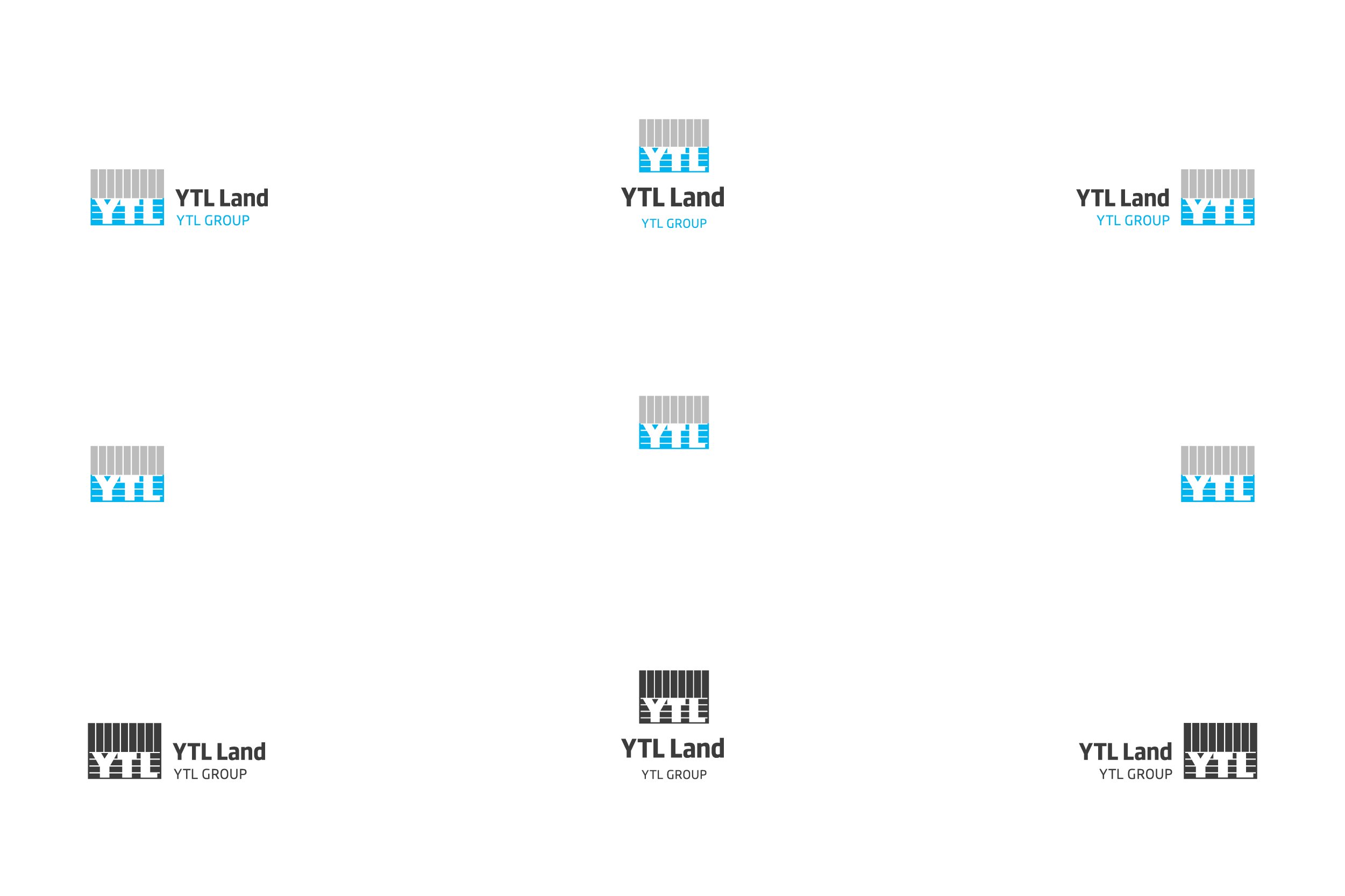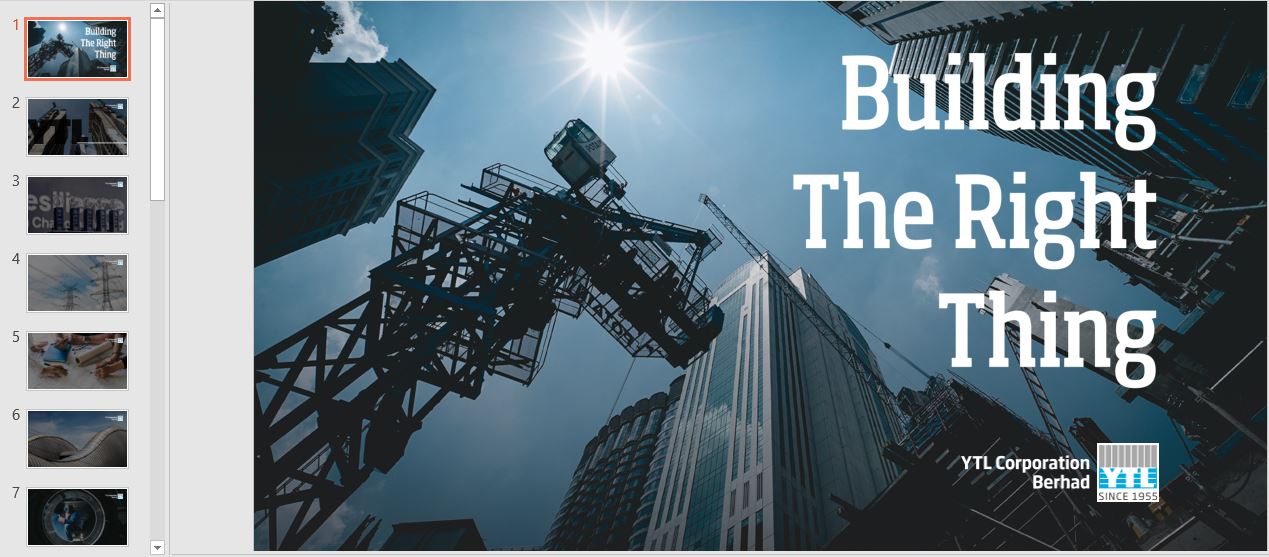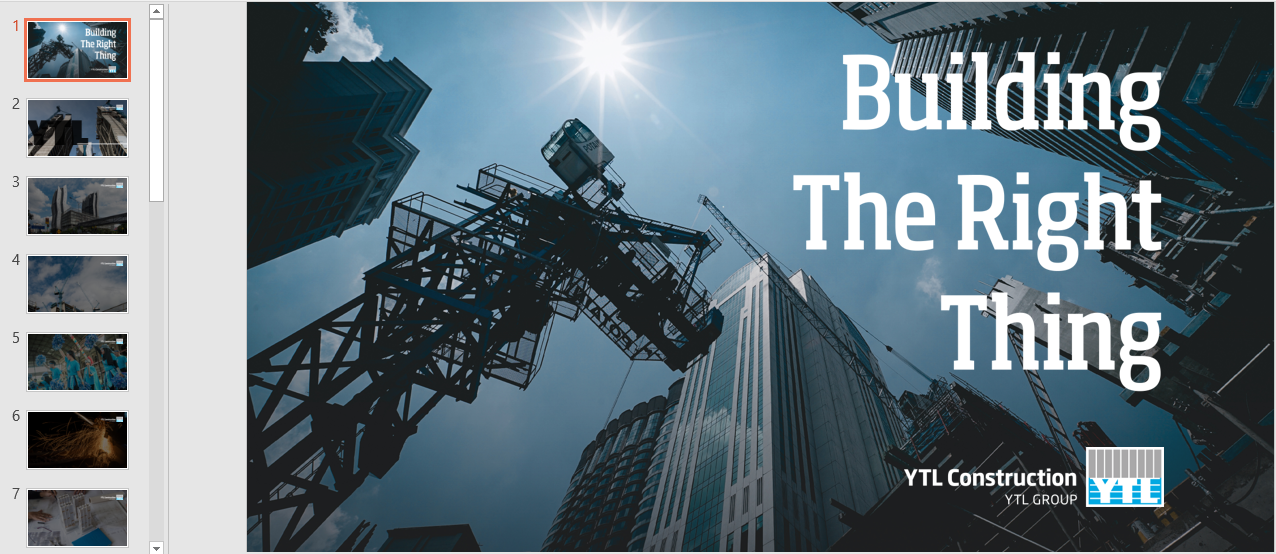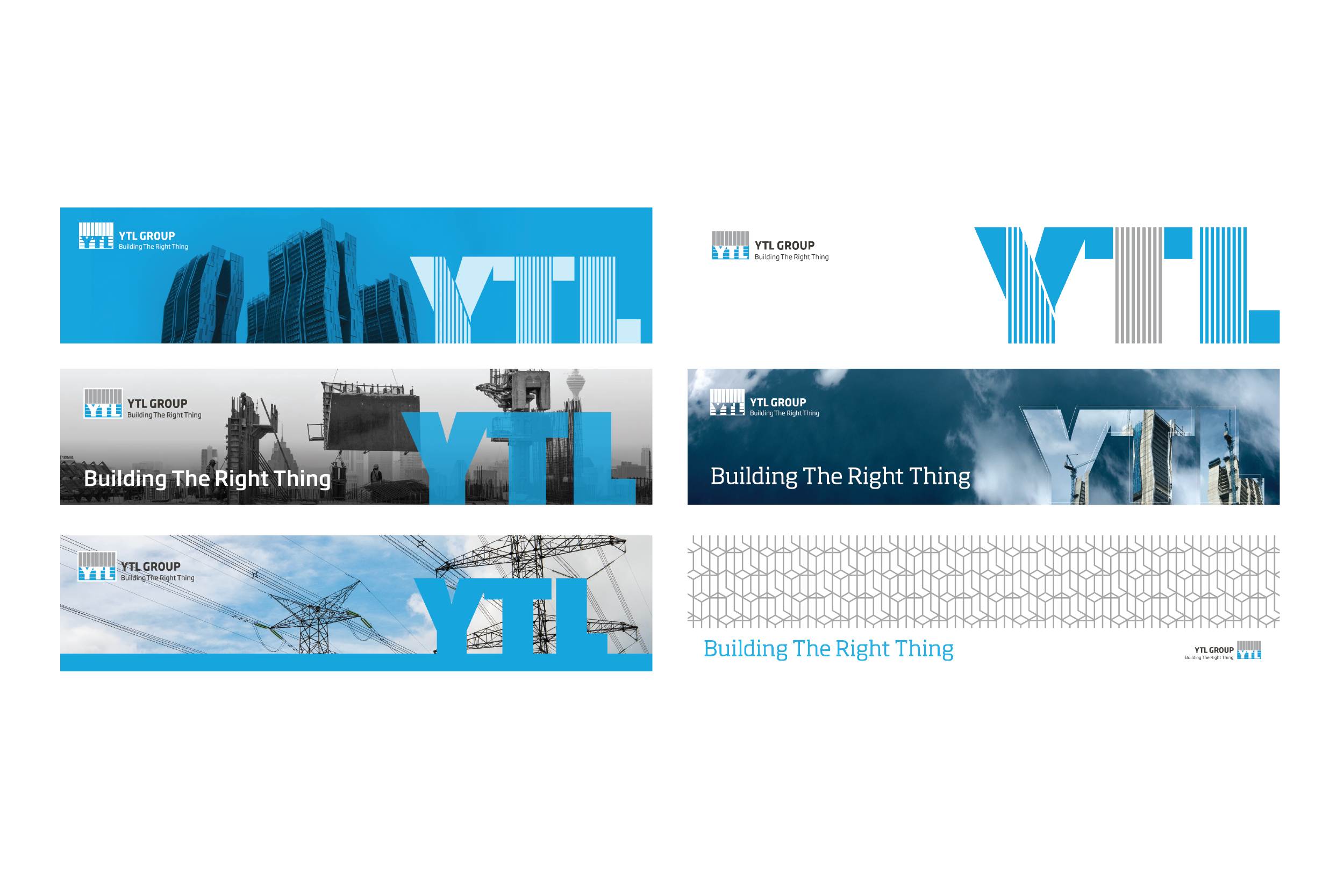by Anishametra Saravanan
Generational conflicts have a long history, but the emergence of the viral phrase “OK, Boomer” at the end of 2019 brought a new level of intensity to this age-old issue. This sarcastic retort, coined by the younger generations, was a response to what they saw as dismissive and condescending attitudes from their older counterparts. The phrase transcended borders, even though the term “Boomer” was primarily used in the United States. The retort captured the yawning divide between the generations over seemingly every issue: political activism, climate change, social media, technology, privacy, gender identity.
With five generations together in workplaces for the first time — Silent Generation (born 1925 to 1945), Baby Boomers (1946 to 1964), Gen X (1965 to 1980), Millennials (1981 to 1996), and Gen Z (1997 to 2012) — and similar dynamics playing out in other parts of the world, the age divide is real. This division, marked by anger and eroding trust, has tangible consequences for team dynamics, including reduced collaboration, heightened emotional conflicts, increased employee turnover, and diminished team performance.
Traditionally, the approach has been to encourage individuals from different generations to focus on their commonalities or to deny the existence of their differences altogether. However, in doing so, we miss a critical point — what we perceive as an ‘issue’ is, in reality, a missed opportunity.
The Case of Michigan Tech's 3D Printing Triumph
Let’s consider the case of the Open Sustainability Technology Lab at Michigan Technological University, where a diverse, multigenerational team achieved a significant milestone by creating the first low-cost open-source metal 3D printer. The team’s former director, Joshua Pearce, attributes their remarkable success to their unwavering commitment to learning from one another across generational lines.
In the pursuit of their groundbreaking product, the team recognized the indispensable role that each generation played. They harnessed the technical prowess of Gen X faculty, the software wizardry of Millennial graduate students, and the seasoned resourcefulness of Boomer researchers. This collaboration bore testament to the power of intergenerational synergy.
Age-diverse teams hold immense value as they bring together individuals with complementary abilities, skills, information, and networks. When managed effectively, these teams have the potential to foster better decision-making, more productive collaboration, and enhanced overall performance. The key lies in members’ willingness to share and learn from their differences.
Multigenerational Insights through YTL’s Lens
At YTL, we’ve discovered that this adaptability and innovation are closely tied to the rich mosaic of experience and wisdom woven by our multigenerational workforce. We are truly blessed to have multiple generations under our roof, each contributing a unique thread to this vibrant tapestry of knowledge and ingenuity.
A few weeks ago, I was fortunate to be part of the multigenerational panel as a Gen Z representative at the LEAD 2023 seminar on Bridging the Generational Gap in a Multigenerational Workforce, moderated by our very own Creative Director, Hwei Tan. Through that experience, I have been more curious about the various perspectives shared by different generations.
Let’s delve into the perspectives of a few individuals that shape YTL’s workforce into what it is today as we explore their unique experiences and viewpoints, which drive our innovation and commitment to the greater good.

Gijsen standing on Tan Sri (Sir) Francis Yeoh’s left
Gregory V. Gijsen, Director of Business Development at YTL Power
Silent Generation (The Guardians of Legacy)
Over my 65 years in the workforce, my perspective on working has not changed much. My career, which began in 1958, involved harbour construction in Iran, and my daily routine then closely resembled today’s. Since joining YTL in 1992 and having represented a Dutch company called Wilma as a joint partner with YTL to build the 750-bed hospital in Terengganu in 1982, my routine has remained consistent, and I feel privileged with no complaints, primarily due to my good health.
My early years at YTL were marked by excitement and a constant office buzz, even on weekends. The atmosphere was charged with a fighting spirit and the unwavering “YTL has to be No 1” mentality.
A piece of wisdom I’d like to share with younger generations is that while external changes may be limited, it’s crucial to strive for excellence in your field. Laziness has no place in securing a successful future.

Chandra Das, Project Manager at YTL e-Solutions
Baby Boomer (Bridging the Generational Gap)
Technology, particularly communication and productivity tools such as email, Excel, and Microsoft Word has significantly impacted my career. Early on, client interactions were primarily in-person or via phone. But now, video conferencing and mobile communication have made the world smaller, enabling efficient meetings.
I’ve had memorable experiences with tech-savvy Gen Z and Millennials who are always willing to share their knowledge and adapt to changes. They’ve taught me the importance of flexibility.
In terms of bridging generational gaps and fostering collaboration, having mutual respect and open-mindedness are crucial. Each generation brings their own unique experiences and values, so understanding and respecting these differences will help to improve intergenerational relationships.

Francis (on the far right) performing at the LEAD 2023 After Party
Francis Cobb, Production Manager at YTL Corporation
Gen X (The Pragmatic Pioneers)
I’ve learned that embracing diverse mindsets and problem-solving approaches is key. Taking the time to listen, understand, and empathize with others’ perspectives before reacting is essential. Instead of making assumptions, starting with genuine care for their well-being often leads to better solutions.
We should acknowledge that we don’t have all the answers. Our knowledge is based on our experiences, which may differ from those starting their careers today. It’s crucial to lead while remaining open to listening and learning from others.

Michelle Hui Yee Low, Programme Manager, Special Projects at YTL Foundation
Millennial (Navigating the Digital Age)
Millennials value work-life balance, positive relationships with supervisors, and aligning passion with work. This balance fosters professional growth while prioritising mental well-being. Personally, I find scheduled breaks vital for productivity and job satisfaction. Studies support the idea that work-life balance enhances productivity and job satisfaction.
In a previous role, I collaborated with Gen Z students to innovate history learning by integrating video games. I think the collaboration was a success because we were honest with one another – as the older half of the collaboration, we can easily think that we know better than the younger half or that we should never show the younger ones that we don’t know everything. Instead, I acknowledged my limited knowledge – video games and play aren’t familiar to me but I was willing to learn if they were willing to take up the challenge with me. So ‘honesty’ and ‘vulnerability’ – those were the key factors to our success.

Nur Fatihah Fasha binti Faridal Atras, Brand Executive at YTL Construction
Gen Z (The Trailblazers of Tomorrow)
I usually ask my colleagues directly when I’m uncertain about something at work. This approach aids my professional growth as it minimises miscommunication, and if any issues arise, they can be resolved quickly. I balance this by not overburdening them with constant questions. Instead, I observe their work methods and apply them to my tasks. I’ve learned a lot from their experiences as it helps me handle my tasks more effectively.
I also believe it’s beneficial for organisations to involve us in decision-making through collaboration and open communication. Some may perceive us as inexperienced, but we bring fresh ideas! Even if an idea can’t be implemented, explaining why fosters understanding and learning. This knowledge empowers us to generate innovative ideas that can align with the company’s goals.
The strength of experience in YTL’s multigenerational workforce is the bedrock of our success. By embracing the diversity of our workforce and harnessing the collective wisdom of each generation, we have the power to propel YTL into new realms of innovation and excellence. Together, we can work towards the greater good, serving our customers, communities, and the world at large.
Source:
Harvard Business Review




